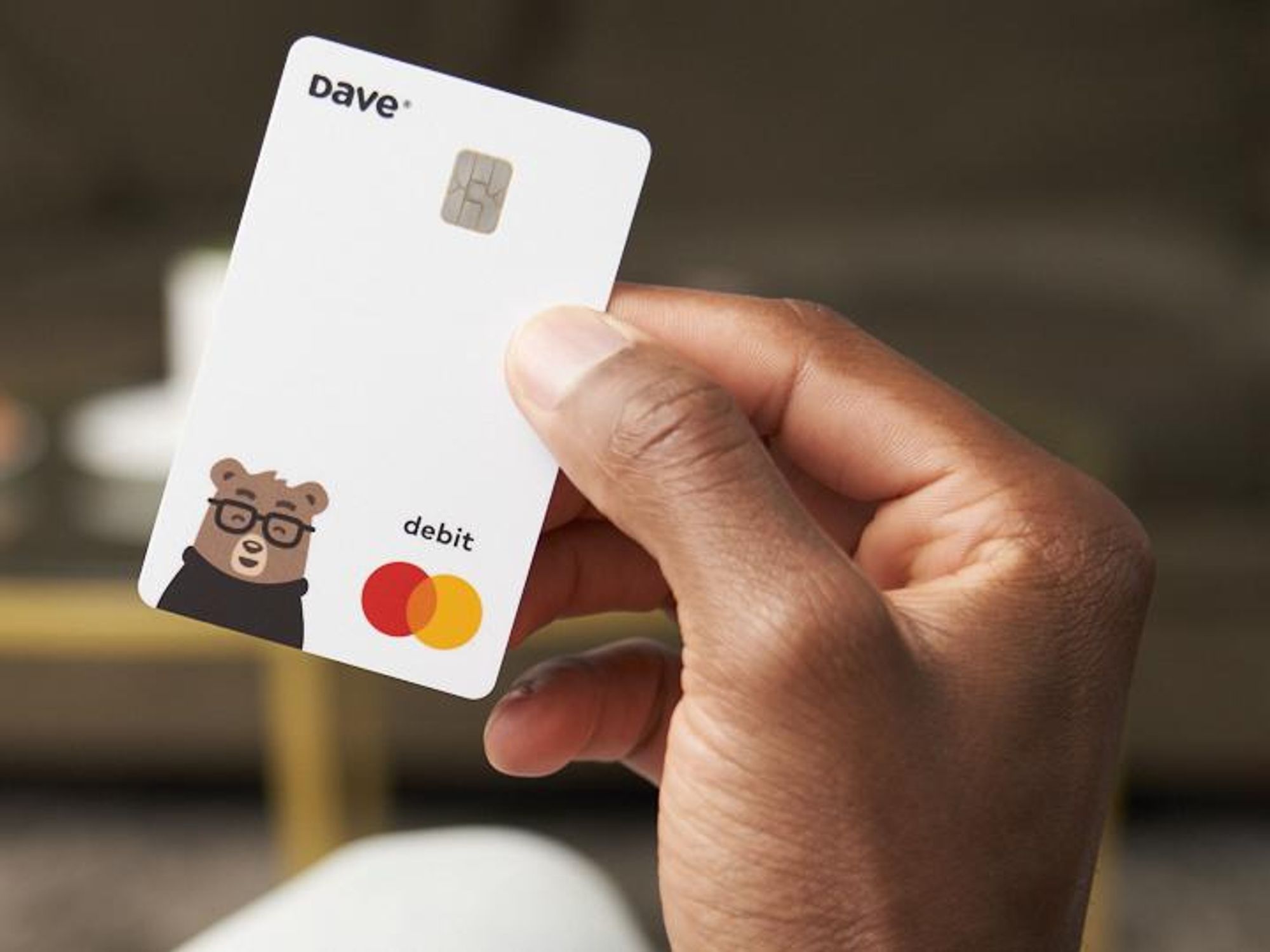Why Neobanks Are Having Such a Difficult Time Making Money
Samson Amore is a reporter for dot.LA. He holds a degree in journalism from Emerson College. Send tips or pitches to samsonamore@dot.la and find him on Twitter @Samsonamore.

Santa Monica-based financial technology company Dave is cutting its net losses, but the newly-public company has a ways to go before it’s profitable – a struggle that many “neobanks,” are facing.
In its recent first quarter earnings, Dave reported revenue of $58.9 million, against a net loss of $14 million. Though Dave has been steadily cutting its net loss over the last year in consecutive quarters, it’s still not profitable.
Dave’s core feature is ExtraCash, a program that allows users to receive up to $500 of their upcoming paycheck in advance, in exchange for a monthly $1 membership fee. Dave makes income from some other fees, like an additional $5.99 for advances over $100, and a $1.99 fee for express cash delivery.
These interest-free short-term loans led the app to surpass 1 million Dave Banking customers in 2020. In total, Dave now has 8.7 million members, the company said. American households are under increasing financial pressure, and that’s leading to an uptick in people looking for neobank services like fee-free banking and paycheck advances.
And people are increasingly relying on Dave’s advances to get by. In its first quarter earnings Dave reported its quarterly count of members increased 34% to 2 million, and the number of transactions those members made went up 19% compared to the same time a year prior. Some reviewers have noted they find the app helpful in times of emergency, or when they need a lift after a tough bill paying cycle.
“Dave was profitable in 2018 and 2019 and we’re confident we’ll get there again in 2024,” CEO Jason Wilk told dot.LA. “We made a deliberate investment in headcount over the last few years to grow our technology teams, and we know that was the right strategic decision for Dave.”
Neobanks directly capitalize off the unbanked (people who’ve never had a checking or savings account before), which is millions of Americans, especially people of color: According to the FDIC, roughly 5.9 million households were unbanked in 2021. The main reasons unbanked people gave for not having accounts were because they didn’t meet minimum balance requirements, and also, they just don’t trust banks.
“The consumers Dave serves are already struggling with a lack of credit and affordable banking options; they need a modern banking solution that works hard for them and addresses their specific needs,” Wilk said.
But while there are plenty of startups like Dave disrupting the financial sector, and there’s a clear need for the services and transparency they provide, the vast majority of neobanks are having a hard time making money: The same report found that less than 5% of these banks were breaking even.
“Even after adjusting for the high acquisition costs, the large majority of Neobanks still haven’t found the key to making money,” Simon Kucher & Partners’ Christoph Stegmeier and Matthias Verburg wrote in the report.
Private neobanks or digital payday lending services like Earnin or Brigit should be laser-focused on becoming sustainable even if investors pull back funding, according to David Stolpe, managing director of Wells Fargo’s Southern California Tech Banking division. Across the board, a decline in deal flow and exits so far this year has led to VCs being more cautious about deploying cash to startups in need of growth funding, and the fintech industry is no exception.
Another hindrance to any neobank’s growth is regulations, Stolpe said. He thinks neobanks are struggling a bit because “they need to lean on established rails within a highly-regulated industry, for them to be as effective as they can possibly be. It's really hard for a company like Dave or others in that space to be a fully functional replacement for a bank.”
Plenty of neobanks forge partnerships with smaller regional banks to hold deposits and provide features they cannot, Stolpe said, noting many debit card services offered by neobanks “are essentially a white-label off of another bank’s program.” In Dave’s case, its deposits are held by Tennessee-based Evolve Bank & Trust, which also issues the Dave debit cards.
But Stolpe added that companies like Dave and others are “not going to be a full bank until they have the capabilities to actually provide all those banking services that other chartered and regulated institutions can provide… that’s something that those [neobanks] have to build out.”
In particular, Stegmeier and Verburg recommended these fintech startups embrace buy now, pay later financing tools like those offered by Klarna or Sezzle, since it’s a form of credit that’s hot right now. They also encouraged neobanks to offer more options for financing real estate, or offer investing tools including automated portfolio management, like SoFi and Acorns do.
Stolpe noted that these neobanks like Dave “have to figure out the right way to charge for their product, whether it's interest on loans, or how much interest you're paying on deposits, or what their subscription on a monthly basis is… they've got to figure out a way to make that model work from a profitability perspective.”
Editor's Note: This story has been updated with comment from Dave CEO Jason Wilk.
Samson Amore is a reporter for dot.LA. He holds a degree in journalism from Emerson College. Send tips or pitches to samsonamore@dot.la and find him on Twitter @Samsonamore.



 Image Source: Revel
Image Source: Revel
